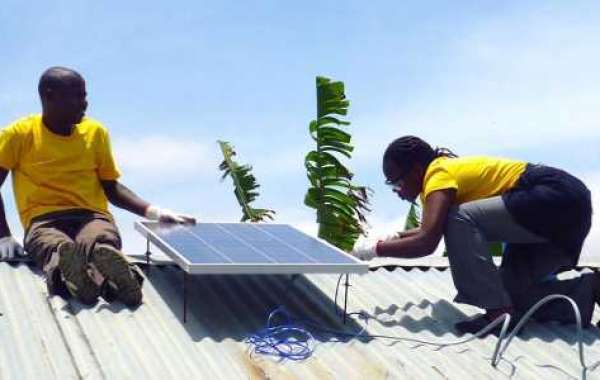Results from a new survey on the state of entrepreneurship in South Africa, conducted by Seed Academy, indicates that entrepreneurs are not thriving locally.
Seed Academy surveyed more than a thousand entrepreneurs across the county.
“We see small progress in terms of business survival rates, revenue increases and more women entrepreneurs but what we really need is for stakeholders in the ecosystem to pull together and make major trajectory changes that support all entrepreneurs from seed through to scale-up stages,” said Donna Rachelson, CEO of Seed Academy.
“We still don’t have the basics right: early stage funding and high impact business support throughout the entrepreneurial journey.”
On average, SA entrepreneurs are employing between two and four people, but the ecosystem remains difficult to navigate with several entrepreneurs reporting that they don’t know how to access available support.
According to Seed Academy, key challenges for entrepreneurs include: inability to raise funds, finding customers, wearing too many hats, followed by lack of guidance, slow sales, customers paying late and unpredictability of business conditions.
Typical entrepreneurs in South Africa are mostly educated; have prior work experience; vary in age (not just young people) and are driven to entrepreneurship through seizing opportunities rather than necessity. The number of women entrepreneurs continues to grow slowly but the opportunities are mostly for men and youth owned businesses, the startup incubation group said.
The number of for-profit social enterprises has increased by 10% since 2017 demonstrating that businesses that address social and community issues are on the rise, it said.
Of the businesses that are post revenue, only 5% have a turnover of greater than R5 million.
“Shockingly, 22% of entrepreneurs have revenue of less than R10,000 per year and the majority of post revenue entrepreneurs (26%) have revenue between R50 – R100,000 per year,” it said.
“Keys to success for entrepreneurs remain strong personal networks; proper business planning; access to business support services and the ability to present for new market opportunities. Business focus is necessary but 47% of businesses are engaged in business to business; business to consumer and business to government initiatives at the same time – making market focus difficult,” Seed Academy said.
Funding
Accessing funding remains the biggest concern and challenge for entrepreneurs. Entrepreneurs are largely self-funding and are not applying for funding because they don’t know where or how. While 73% of entrepreneurs require funds to grow their business, 28% require less than R10,000 and 30% needed less than R50,000.
“The risk appetite for funding early stage and perceived ‘risky’ entrepreneurs is low. In addition, the angel network and banks as funding options remain ineffective,” Seed Academy said.
Recommendations
Rachelson said that funders need to play a far more active role in educating entrepreneurs about their processes and put in place interventions that assist entrepreneurs to become ‘funding ready’. They should also be allocating risk-based funding to early stage entrepreneurs together with appropriate business development support.














